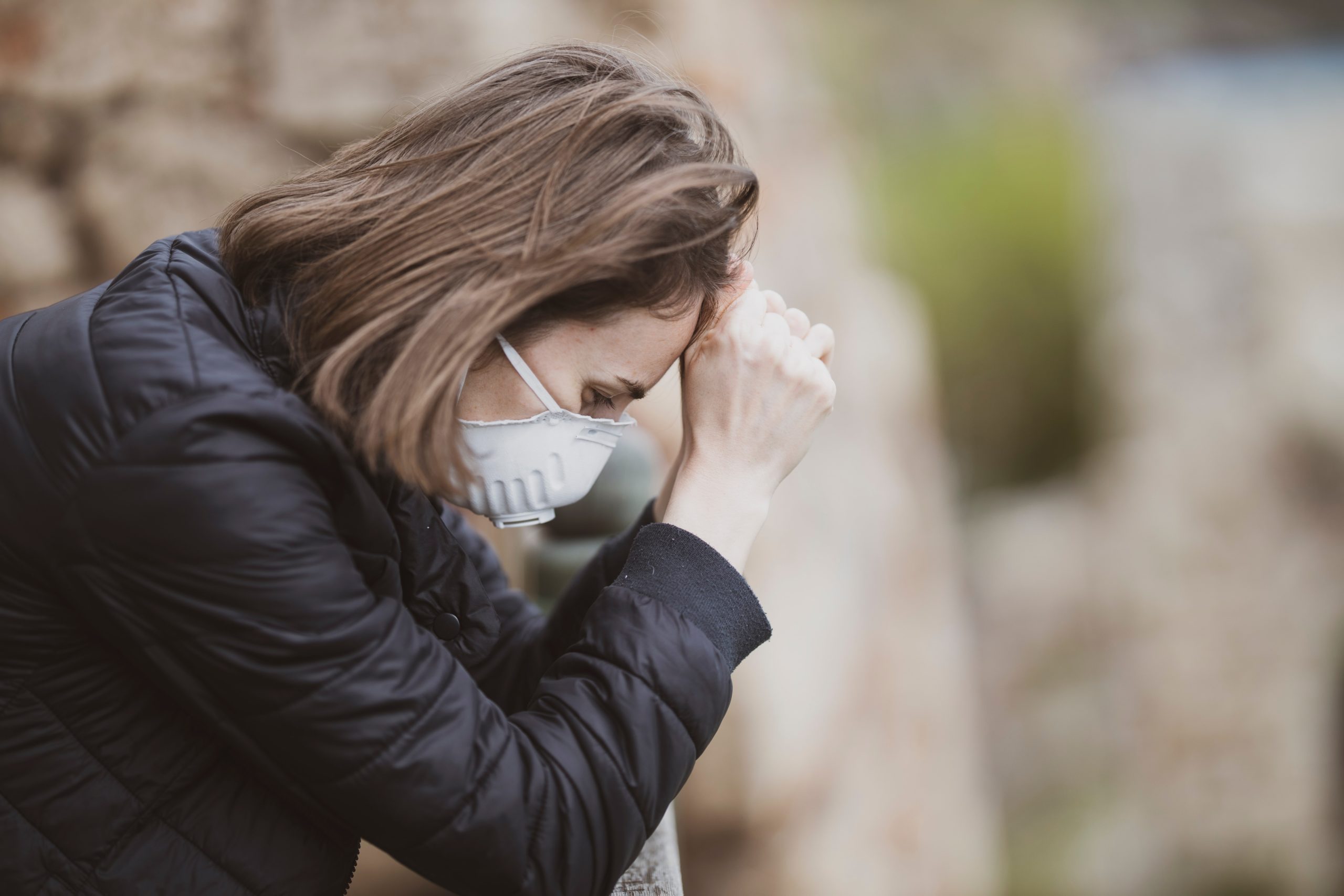In our September 30th national poll, more than 18 months after the pandemic started, 77% of Americans were either as or more stressed despite a majority being vaccinated and COVID infections and deaths dropping nationwide. What’s going on?
According to the American Psychological Association’s (APA) latest “Stress in America” report released in 2021, the high levels of stress reported by Americans are directly linked to the pandemic and it’s affecting our mental and physical health. In other circumstances, high levels of stress often result in changes to sleep, overeating, and alcohol use. Is that what’s happening now?
Sleep
The pandemic completely messed with Americans’ already terrible sleeping habits. According to the American Sleep Association, “Even before the pandemic, more than 50 million Americans suffered from a sleep disorder, most commonly insomnia, which can involve trouble falling or staying asleep, waking early or throughout the night, or poor sleep quality.” The added stress and anxiety from COVID appears to have made things worse.
According to the APA, roughly 2 in 3 Americans (67%) say they are sleeping either more (31%) or less (35%) than they wanted to since the pandemic started.
So many Americans are struggling with stress-related insomnia due to COVID-19, doctors have termed it “Coronasomnia,” and it may be affecting hundreds of thousands of Americans. Google Trends reveals 2.77 million web searches for “insomnia” in the U.S. during the first five months of 2020 — an increase of 58% over the first five months of each of the prior three years.
There’s no word on how many of those searches were in the middle of the night.
Overeating
With so many of us stuck at home, we appear to have headed to the kitchen more often than in the past. And all that “COVID eating” may have caught up with us. The American Psychological Association survey found that 42% of American adults had gained weight since the pandemic began, averaging around 29 pounds.
But, the lockdown seems to have also made it more challenging to find the motivation to exercise daily. Fitbit released a summary in March 2020 of the global activity levels of its 30 million users. According to its data, during the week of March 22, 2020, the U.S. saw a 12% decline in step count from the previous year.
Alcohol
The APA report found that nearly 1 in 4 adults (23%) said they were drinking more alcohol to cope with stress during the coronavirus pandemic.
In a Columbia University study from 2020, researchers compared retail store sales from March to September 2020. During that period, there were $41.9 billion in liquor store sales, up 20 percent over the same period in 2019 and up 18 percent compared with the previous seven-month period, August 2019 to February 2020.
Researchers found home drinking to be a leading factor in the rise in sales. With many bars and restaurants closed, “virtual cocktail parties” were a socially distant activity that brought friends and family together. Some people found themselves drinking earlier in the day and on weeknights.
Various studies have shown alcohol abuse tends to rise in times of crisis. The CDC found that alcohol consumption skyrocketed in the wake of Hurricane Katrina, and hospitalizations related to alcohol use disorders increased by 35%. Alcohol has been linked to mood and behaviors and also may worsen depression and anxiety.
Looking Ahead
While the shelter-in-place orders may have seemed like an extended vacation, the lasting mental health effects should not go unnoticed. As the pandemic slowly recedes (hopefully!), Americans may be dealing with these changes for years to come.
This post was written by Marist Poll College to Career intern Emily Frey.

